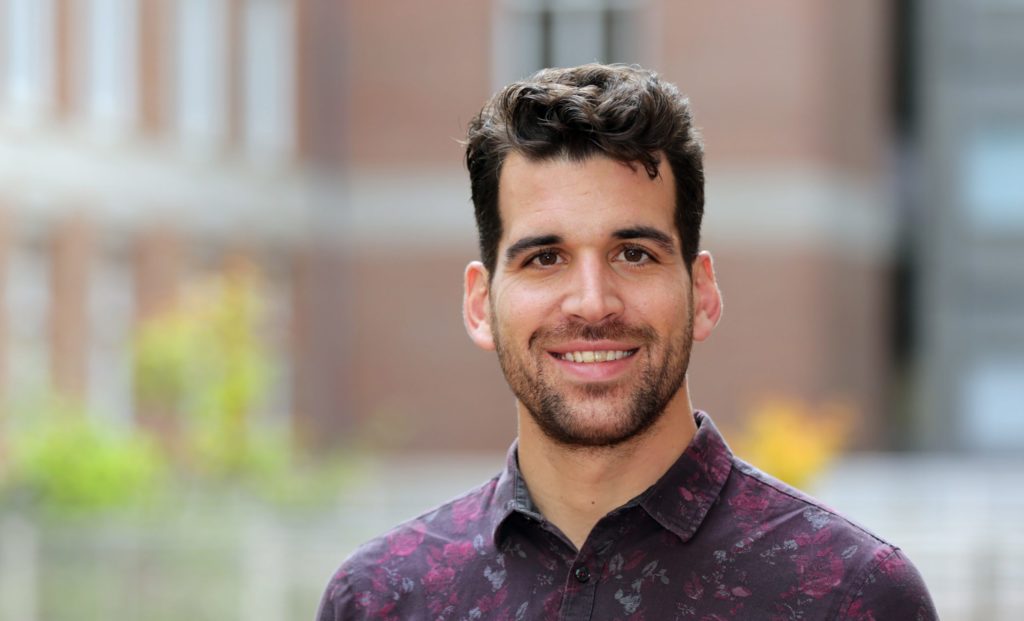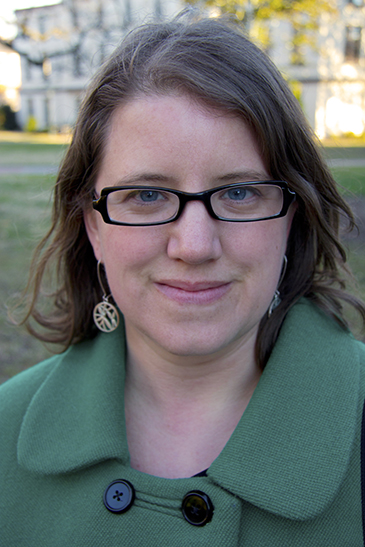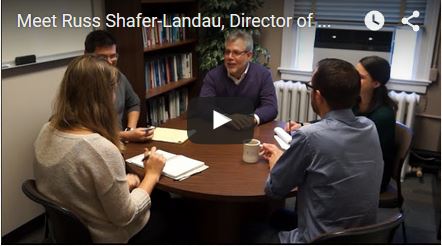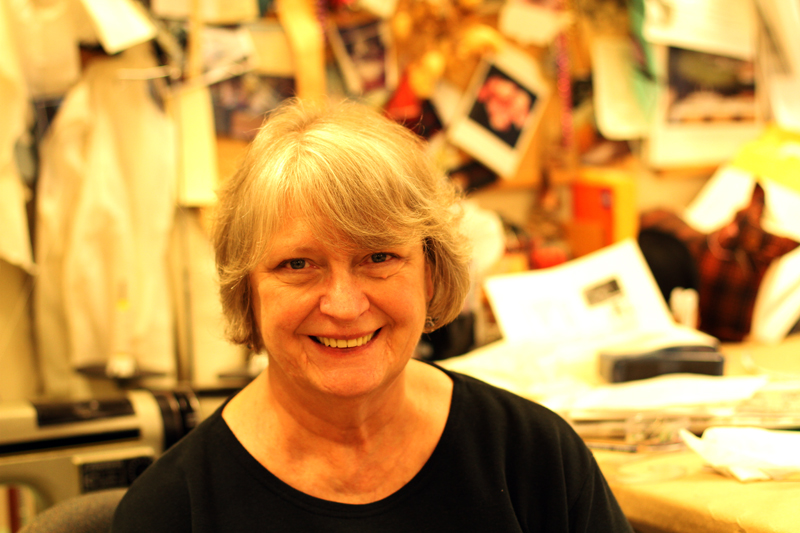Wherever Shad Albarazanji and Trey Bright are now, you can bet it’s hot. That’s because the UNC-Chapel Hill roommates and Pi Kappa Phi fraternity brothers are riding bikes 4,000 miles cross-country on Push America’s Journey of Hope. And they are taking the southernmost of three routes. It begins in Los Angeles and goes through Las Vegas, Phoenix and Dallas on the way to the final destination of Washington, D.C., where the three teams will converge Aug. 2. See the interactive map below for photos and mileage updates.
“Even when we’re struggling in the heat, that’s nothing compared to what these kids are dealing with every day,” said Bright, a junior from Fayetteville, N.C., who is majoring in business and political science.
The roommates had to raise $5,500 each to participate in the ride, only open to members of Pi Kappa Phi fraternity. The event raises funds and awareness for people with disabilities. To date, Push America has raised more than $15 million to benefit people with disabilities and organizations dedicated to their service.
But what makes the journey more personal for its participants is the interaction they have with the people along the way. The trip is designed for the men to spend each morning cycling, about 75 miles a day on average, and each afternoon and evening meeting the people who will benefit from their ride. On every stop of a cycling event, the riders give a grant to a local organization that serves people with disabilities to provide new equipment or upgrades to their facilities.
“I’m wondering how I’ll be impacted by these people,” Albarazanji said in an interview in Chapel Hill days before the ride began. A junior from Chapel Hill majoring in biology, the future dentist said that on a previous “friendship visit” to Holy Angels in Charlotte, one of the annual stops on the journey, he was inspired by the smiles on the faces of the children living there. “That’ll keep me motivated. I hope I remember that on the ride.”
Bright’s inspiration is a family member. “One of my cousins who’s six months younger than me – he’s disabled. And that’s a huge motivation,” he said.
The UNC chapter of Pi Kappa Phi regularly has members participating in the ride since it began in 1987. Since the trek expanded to three different routes of 35 Pi Kappa Phis, Journey of Hope annually raises more than $500,000.
The umbrella organization for the Journey of Hope is Push America, the Pi Kappa Phi philanthropy that also includes Build America and Gear Up Florida, also for people with disabilities.
Interestingly enough, the start of Push America in 1977 had a UNC connection. Push America began as P.U.S.H., for Play Units for the Severely Handicapped. The creator of these stimulating but sturdy “play units” for residential facility rec rooms was a young artist and designer (and UNC graduate) named Thomas Sayre.
Sayre lives in Raleigh and is well known for his public art, such as the World Wall made of marbles at Marbles Museum, the Gyre earth-castings at the N.C. Museum of Art and the Shimmer Wall of the Raleigh Convention Center, to name just a few.
But in the 1970s, he lived in Western North Carolina and received a commission from the Western Carolina Center (now called the J. Iverson Riddle Developmental Center) in Morganton, N.C., he said. The center had a grant to buy playground equipment, so the director asked Sayre to design a play unit safer and sturdier than anything on the market.
After touring the facility and seeing “a day room devoid of any furniture,” Sayre said he was determined to create a play unit that would “provide stimulation like we have in our own homes,” a space that would appeal to all five senses. A 1980 photo of one of the units shows a stand-alone, 4-foot-tall board with buttons to push, knobs to grasp and electric bulbs that light up.
At about the same time, the Pi Kappa Phi board decided that its national organization should direct its philanthropy to only one project. They also wanted the project to be an original one, not just a contribution to an existing charity. When they heard about Sayre’s “play units,” P.U.S.H. was born.
With dramatic improvements to these residential facilities over the next decade, the play units became obsolete, so P.U.S.H. became PUSH, People Understanding the Severely Handicapped, and changed its focus to helping those with all kinds of disabilities.
Sayre, who said he was “too busy ending the war in Vietnam” to join a fraternity when he was a UNC student, became an “alumnus initiate” of Pi Kappa Phi a decade after graduating. “It’s really quite extraordinary what they’re doing,” he said.
Story by Susan Hudson, UNC News Services.




